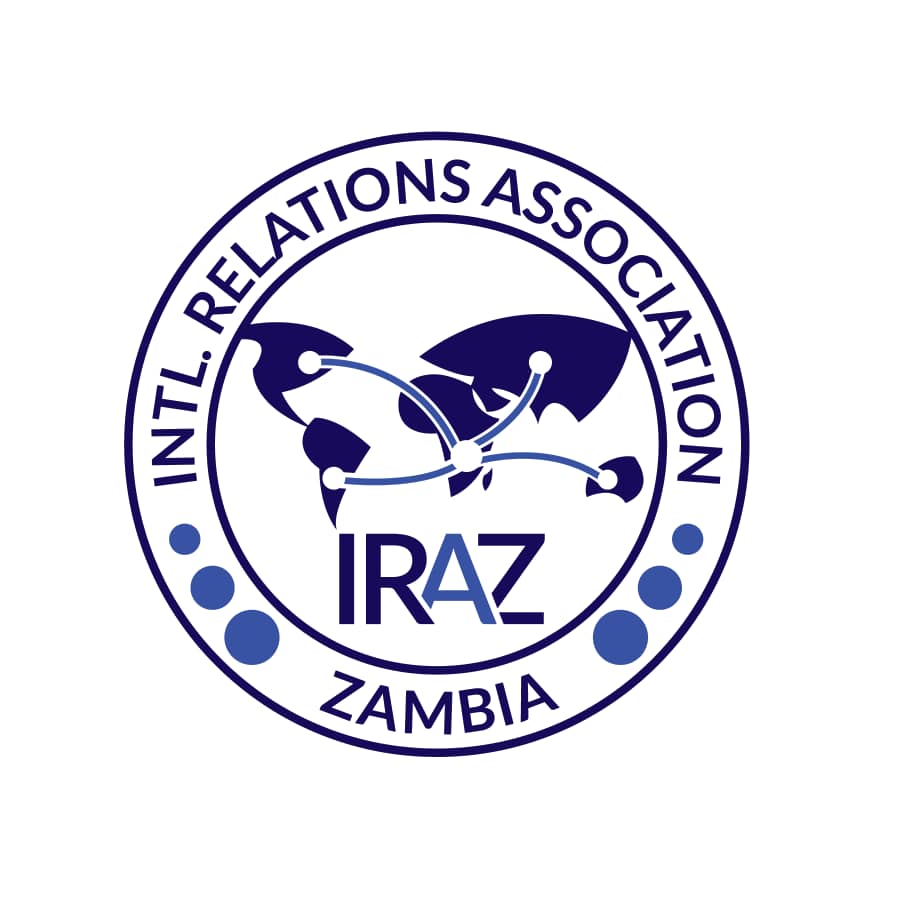Professionalizing Zambia's Foreign Service: An Analysis
By Mwaka Daniel Chikoye

Zambia’s foreign service plays a crucial role in the country’s diplomatic efforts and their recognition in the global arena; yet its selection process and training of diplomats have been criticized for lacking merit and strategic vision (Mwagiru, 2010). In comparison to countries at the continental level, it is notable that other countries have made significant steps in professionalizing their foreign service, leaving Zambia slightly behind. In a time when Zambia is in the global spotlight for epitomizing democracy on the continent, it is an adequate time to capitalize on this recognition. By professionalizing the foreign service, Zambia becomes more equipped to navigate the geopolitical landscape and use diplomatic leverage to advance its national interests.
The current selection process for Zambia’s foreign service officers has been criticized for its lack of transparency and meritocracy (Ujunwa et al., 2016). In examining the current recruitment process, it is clear that diplomatic appointments in Zambia often intertwine with political considerations, hence a mix of career diplomats and political appointees. Political patronage and nepotism, not always justifiable, often take priority over objective measures of education and expertise. While political appointments may bring diversity and political allegiance, they can also compromise professionalism and expertise. Based on this one would question if this method directly translates to political loyalty superseding national interest. Additionally, political appointments often place an unknown timeline on an appointee’s duration in foreign service, hence an individual will be inclined to leverage on opportunities to engage with investors primarily for personal gain rather than national interest. Politically appointing can, sometimes, directly result in a diplomatic corps that may lack: the knowledge, skills, or cultural awareness necessary to represent Zambia’s interests abroad. Therefore, the implementation of merit, competence, and experience selection criteria is essential. By doing so, Zambia can ensure a diplomatic corps equipped with the requisite skills, knowledge, and commitment to effectively represent national interests on the global stage.
Transparency should be at the core of governance in any country, and it should be applied, but not restricted to the public service selection process. As the process for selection is being refined to improve representative selection, it is necessary to inform the public of the selections beyond the Ambassador role, as it is done domestically. Information about selected foreign service representatives needs to be availed to the public, through the Ministry of Foreign Affairs, as an indicator to ensure merit-based appointments.
Continental research has shown countries such as Rwanda and South Africa have introduced reforms to professionalize their foreign service, yielding tangible benefits. Rwanda, for instance, has rigorous recruitment and training programs, ensuring that its diplomats are well-versed in international affairs, adept at navigating negotiations, and in alignment with the nation’s strategic priorities (Lungu, 2008; Ujunwa et al., 2016). Similarly, South Africa has invested in upgrading the skills and capabilities of its foreign service officers, empowering them to engage with the international community with confidence and effectiveness (Ryan, 1979). A handful of countries on the continent have implemented these reforms; indicating that there is a need to create awareness of the potential benefit attached to professionalising foreign service. Nonetheless, these changes seen in the two countries (Rwanda and South Africa) underscore the transformative potential of professionalizing foreign service and serve as beacons of excellence for Zambia to emulate.
In the current state of a national cry for economic recovery and as Zambia seeks to elevate its diplomatic standing and combat its national and global challenges effectively, the importance of professionalizing foreign service cannot be overstated. Prioritizing merit, competence, and professionalism in diplomatic appointments, Zambia will enhance its capacity to advance national interests, build fruitful international economic partnerships, and contribute meaningfully to global affairs. Transparent and merit-based selection processes, alongside adequate investments in training and education, are essential steps towards realizing Zambia’s diplomatic aspirations. Thus, in pursuit of diplomatic excellence at a continental and global level, professionalizing foreign service is a foundational necessity for Zambia. By embracing merit-based selection criteria and a culture of professionalism and excellence, Zambia can position itself as a formidable diplomatic player, at all levels.
